The biggest challenge facing every Canadian NHL team
There are plenty of reasons to get excited about the upcoming NHL season, but there are also several areas of concern.
All seven Canadian franchises, in particular, have issues that could hinder them during the 2017-18 campaign.
Here are the primary challenges facing Canada's teams, presented alphabetically by city:
Calgary Flames
The Flames had an encouraging summer, but they head into the fall with a potentially significant distraction.
Calgary's arena mess has ramifications far beyond the sports world, especially with a municipal election looming Oct. 16 - less than two weeks after opening night of the NHL season.
There's no reason to believe the squabble between the Flames and the city will go away anytime soon, and the unceasing questions about the club's future could take a toll on players, coaches, and executives alike.
Edmonton Oilers
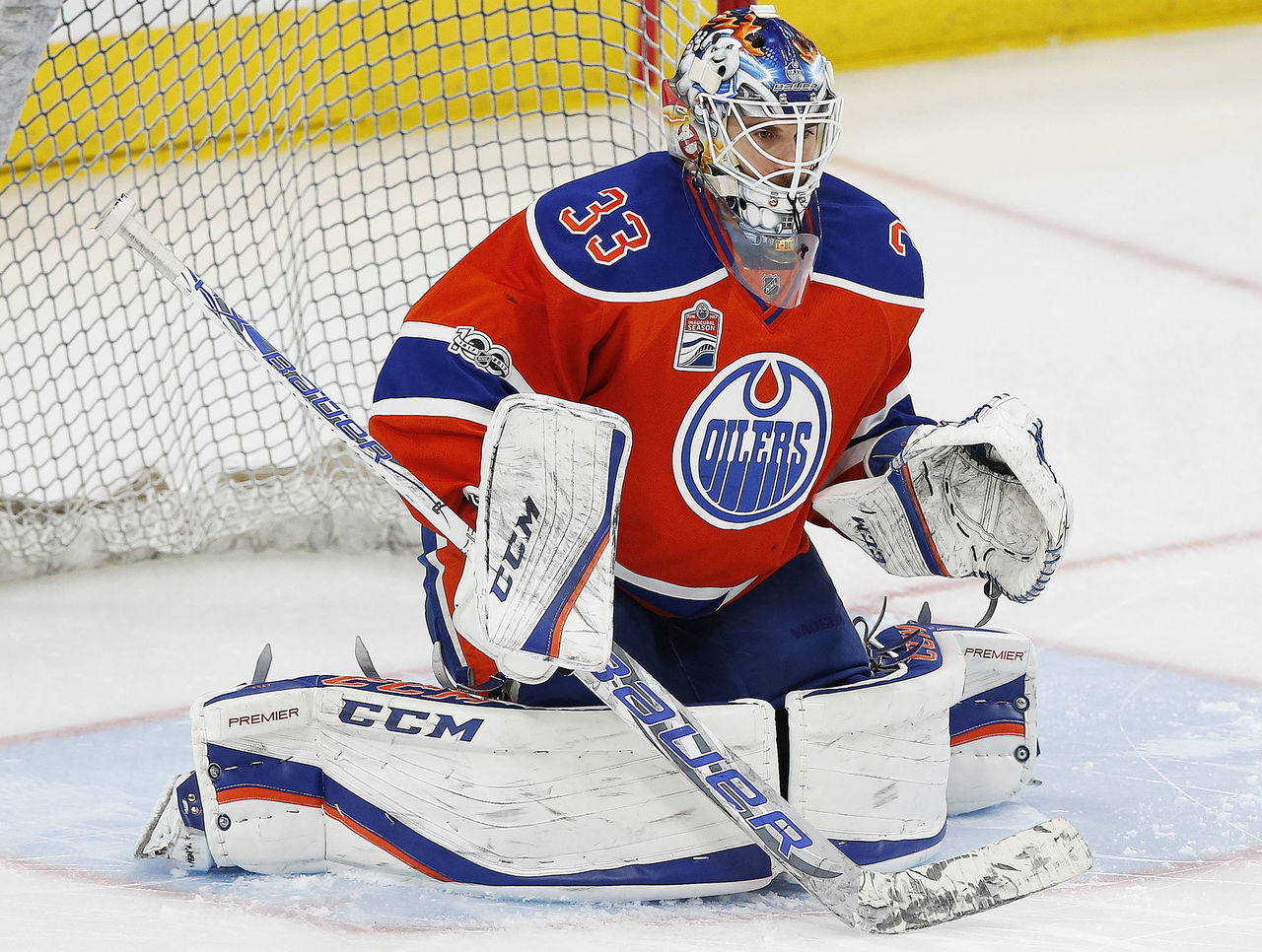
(Photo courtesy: Action Images)
The Oilers appear primed to build on last season's long-awaited return to the playoffs, especially with franchise cornerstones Connor McDavid and Leon Draisaitl now under contract for the long haul, but there is something of which they need to be mindful.
Cam Talbot performed admirably last season considering he led the NHL with 73 appearances and played in 13 playoff games, but his heavy workload could eventually start to wear him down.
Another 70-plus-game regular season might take its toll on Talbot - who turned 30 in July - and while he's proven to be up to the task so far, it's something the club would be wise to monitor.
Montreal Canadiens
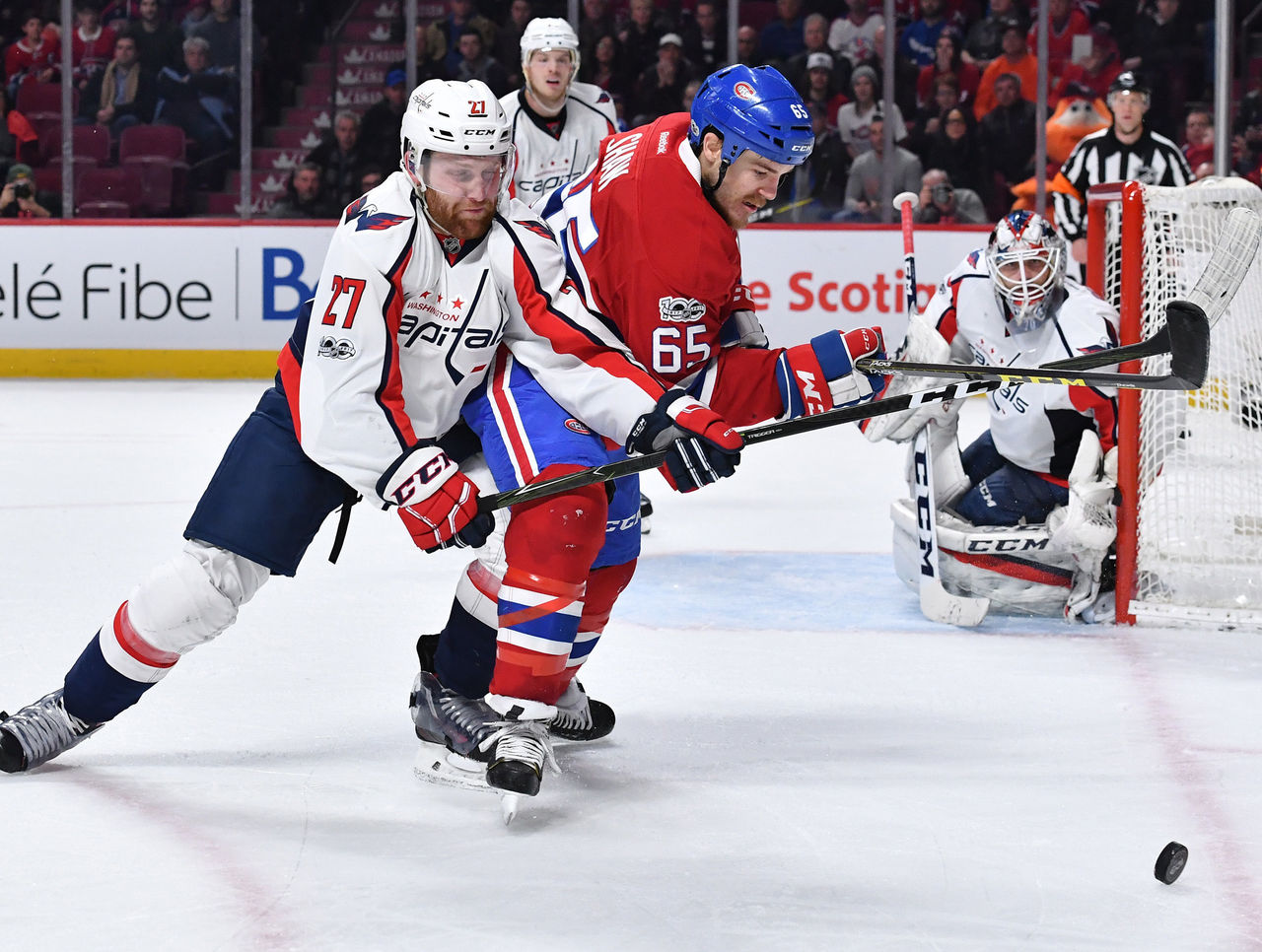
(Photo courtesy: Getty Images)
In some ways, the Canadiens had a productive summer, locking up all-world goaltender Carey Price and acquiring dynamic winger Jonathan Drouin. But, on the other hand, Montreal's defensive group will likely be a source of recurring headaches for coaches, executives, and fans.
Andrei Markov's exodus to the KHL in July left a gaping hole on the back end for Montreal. Karl Alzner, who was signed to a five-year deal a few weeks before Markov left, will probably be counted to play top-pairing minutes with Shea Weber at even strength and on the power play - neither of which he has much experience doing.
Related: Markov's departure ups pressure on Weber, Price
Say what you want about Alexei Emelin's game, but Montreal won't have his 20-plus minutes per contest or Nathan Beaulieu's steady play this time around, either.
Center depth is also going to be a key issue for the Canadiens, as it was last season, but the blue line is a more critical concern.
Ottawa Senators
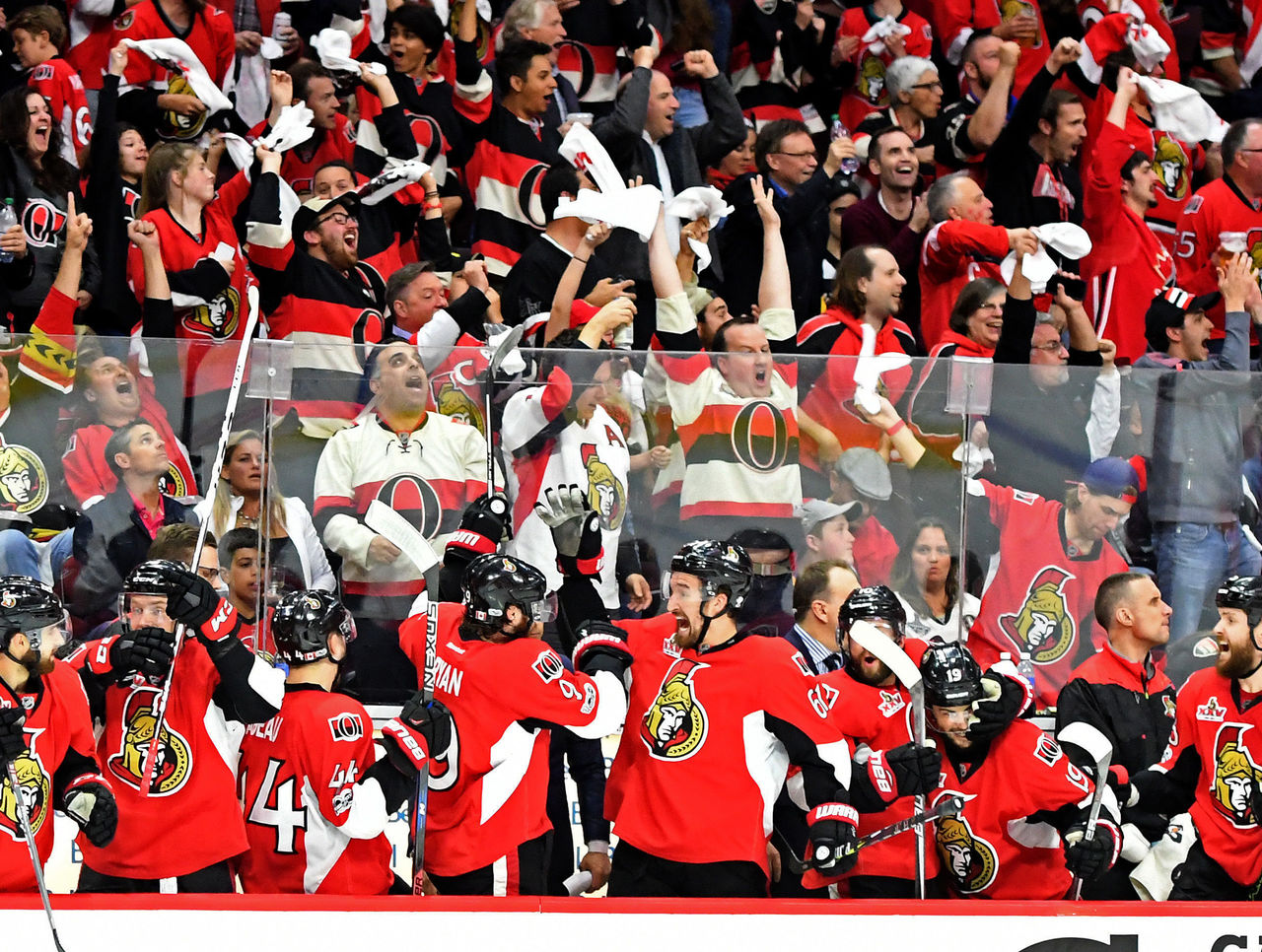
(Photo courtesy: Action Images)
Few expected the Senators to go as deep as they went in the playoffs last season, and it's tough to imagine them getting back to the Eastern Conference final next spring, so Ottawa's biggest challenge will be living up to the expectations set by the improbable run.
The Senators got within one game of the Stanley Cup Final thanks in part to the NHL's divisional playoff format, but Ottawa was also buoyed by Erik Karlsson's persistence, Jean-Gabriel Pageau's heroics, and Craig Anderson's perseverance.
This season might not be as memorable, though, considering the Senators will face some improved Atlantic Division foes, including the Toronto Maple Leafs, Tampa Bay Lightning, and Florida Panthers.
The 2016-17 campaign was undoubtedly a magical one in the Canadian capital, but duplicating it is going to be very difficult.
Toronto Maple Leafs
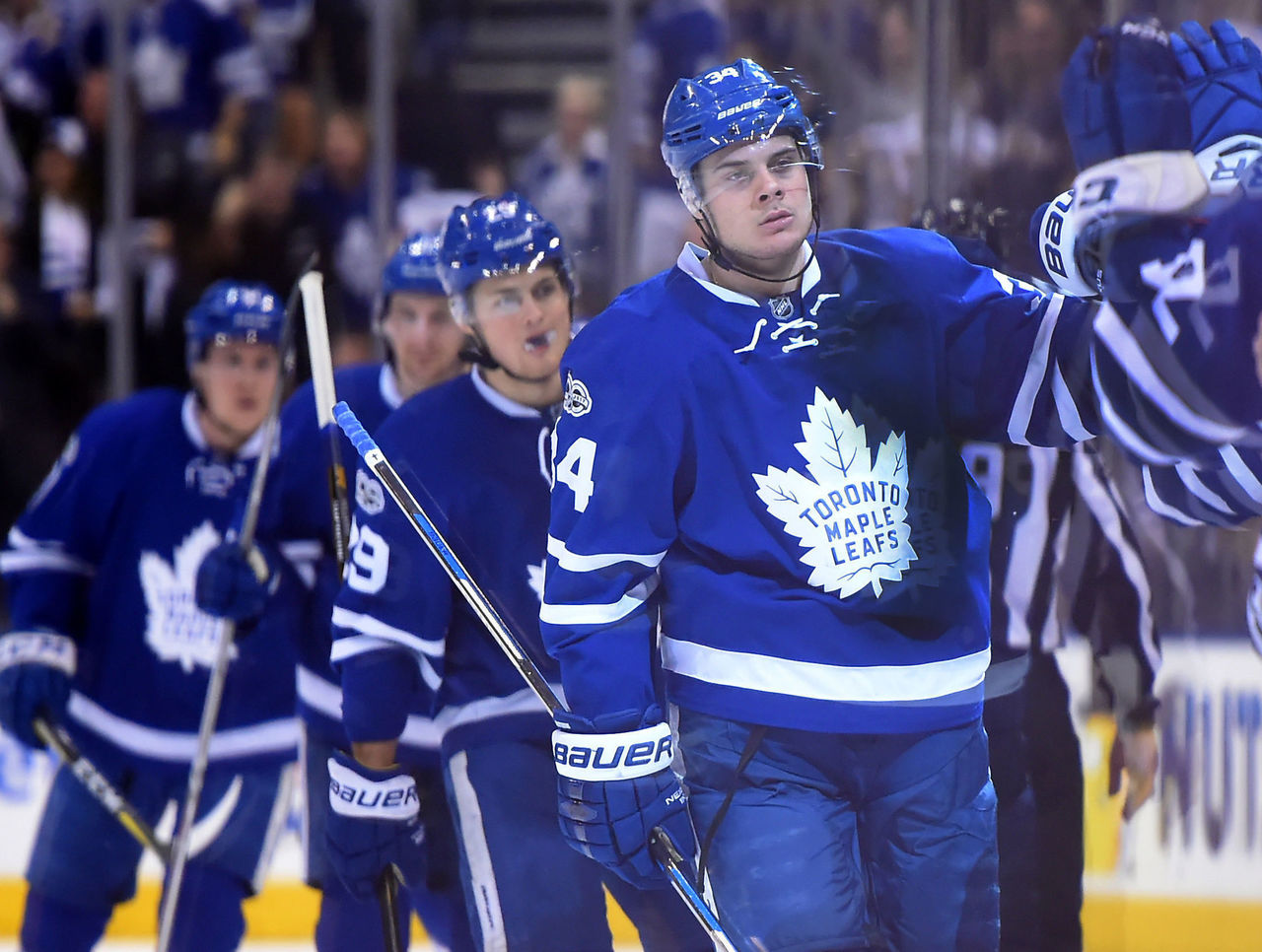
(Photo courtesy: Action Images)
The Leafs had their own season to remember, as their youth movement got its first taste of playoff action and pushed the Washington Capitals in six hard-fought games, but Toronto's talented core also faces the burden of increased expectations now.
That shouldn't be a problem for most of the veterans, like newcomers Patrick Marleau and Ron Hainsey, or for a generational talent like Auston Matthews, but the Leafs' other promising young players will need to avoid falling into prolonged slumps now that the book is out on them around the league.
There are plenty of reasons for optimism in Toronto, but building on last season's encouraging step forward - and not taking a step back - is going to be the Leafs' major challenge beginning this fall.
Vancouver Canucks
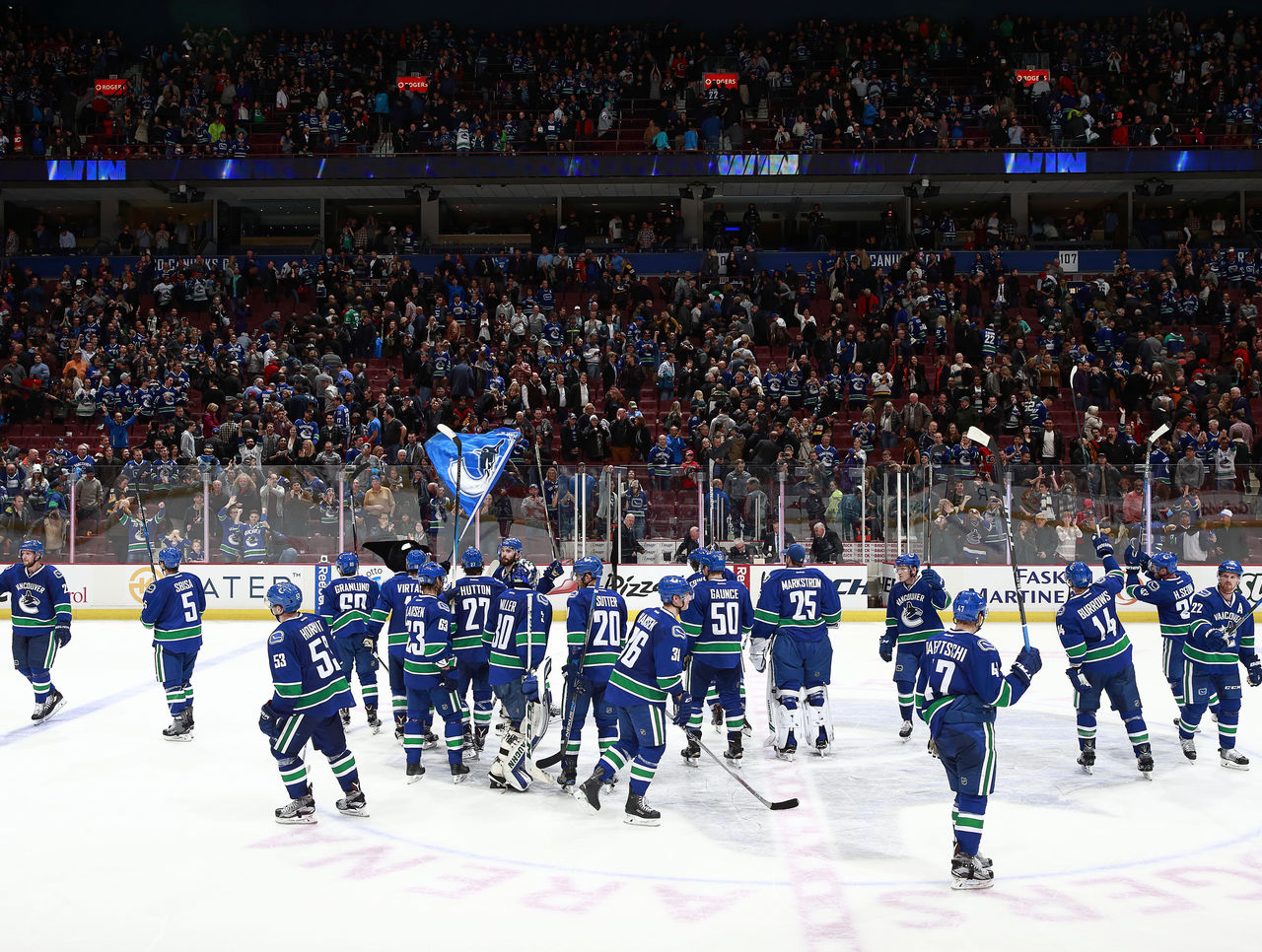
(Photo courtesy: Getty Images)
There's really no way around this, so we may as well get right to it:
The Canucks' biggest challenge will be to avoid once again being one of the worst teams in the NHL. Vancouver finished in the basement of the Pacific Division last season, and only the historically-atrocious Colorado Avalanche had a worse record in the entire league.
There are some rays of hope out west, however, with Bo Horvat now signed long term, highly touted prospect Brock Boeser primed to make an impact in the NHL over a full campaign, and prospects like Thatcher Demko and Jordan Subban knocking on the door.
Still, it looks like it'll be another grim season for the Canucks.
Winnipeg Jets
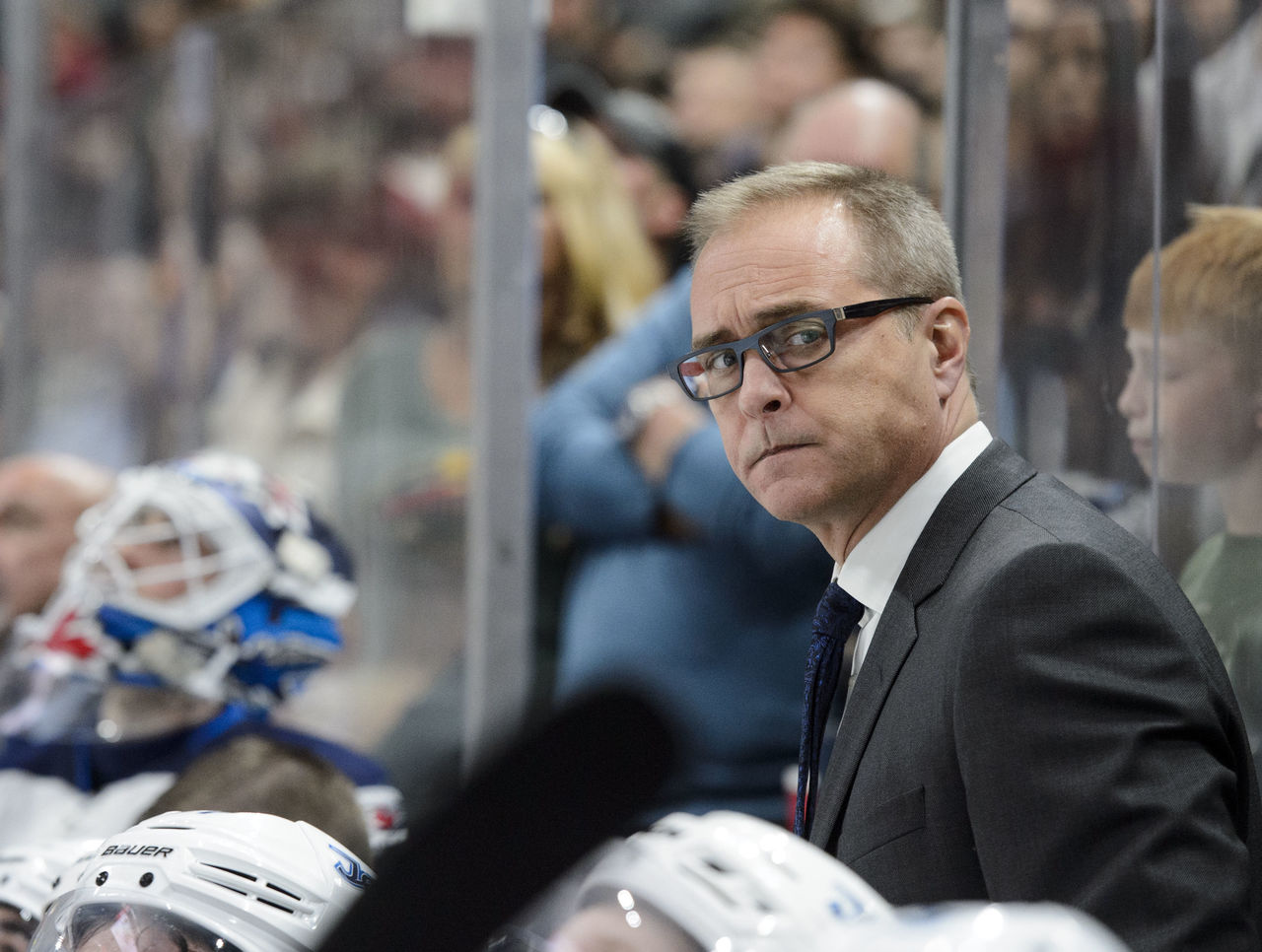
(Photo courtesy: Getty Images)
After missing the playoffs for the second straight season and for the ninth time in the last 10 campaigns as a franchise, Jets ownership rewarded general manager Kevin Cheveldayoff and head coach Paul Maurice with contract extensions.
Those new deals, and the club's commitment to a duo that hasn't accomplished much to this point, will need to be justified relatively soon by the young Jets squad.
There's a solid foundation in Winnipeg led by Patrick Laine, Mark Scheifele and company, but it's on the entire organization to make owner Mark Chipman look smart for giving two key members of his staff some job security.